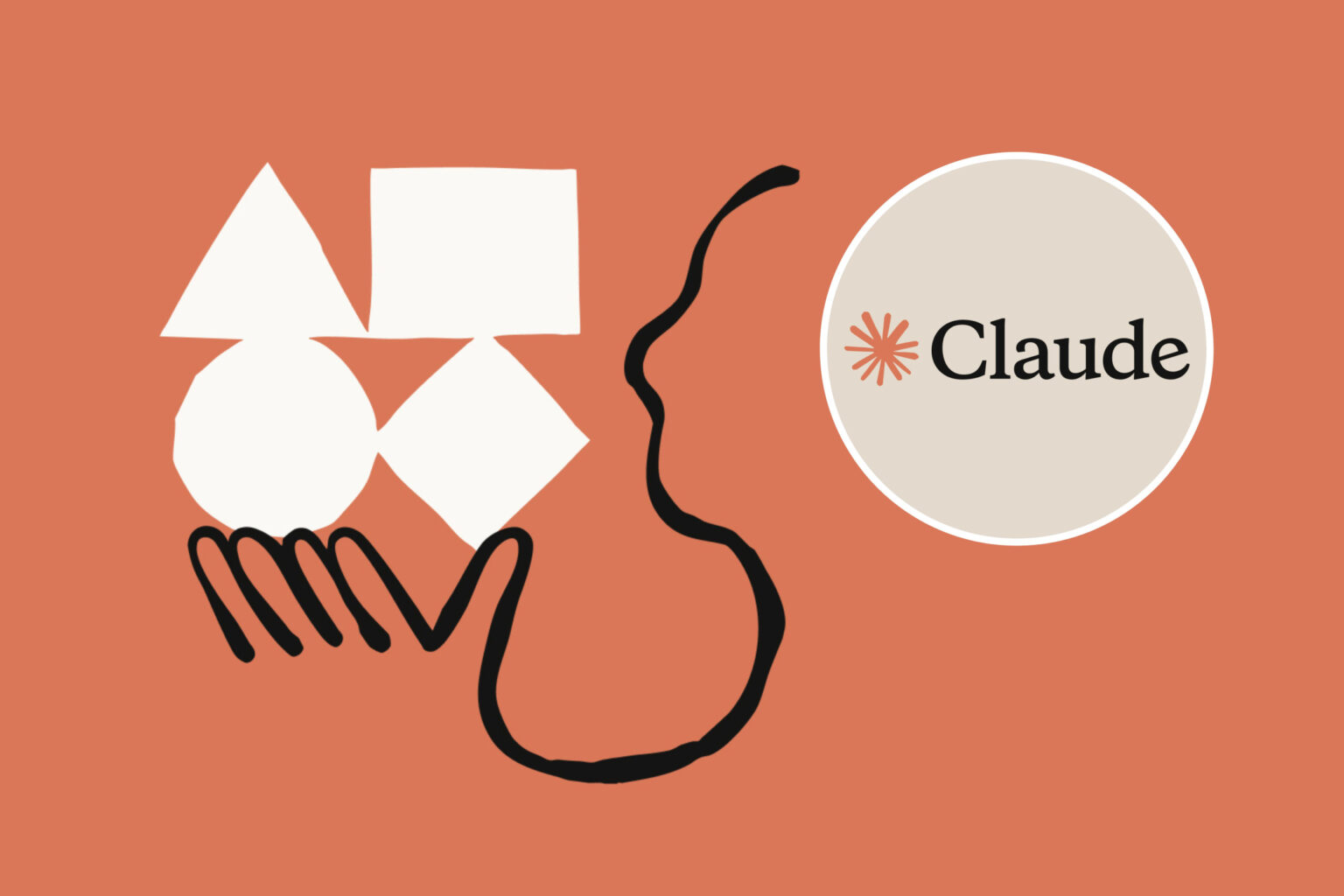Anthropic has released the next generation of its artificial intelligence assistant, marking the latest attempt to move large language models beyond question-answering.
The AI startup introduced both Claude Opus 4 and Claude Sonnet 4 at its inaugural Code with Claude conference on Thursday. Both models are expected to extend thinking and reasoning—capabilities that address significant limitations in current LLMs.
Scott White, the product leader of Claude.ai, told Newsweek that Thursday’s release marks a “feeling and shift from Claude being something that can provide answers to Claude being a really capable collaborator.”
He said that the latest models will give users “professional superpowers” because tasks will no longer exist in a vacuum but look more like a “collaborative extension” that augments they way that users think.
Billed as Anthropic’s “most powerful model yet and the best coding model in the world,” Claude 4 is expected to have the ability to conduct nearly seven hours of autonomous work.
“It’s designed for the most demanding or sort-of complex tasks,” White said. “A large part of this is its ability to do what we think of as stopping and thinking and reasoning over a very long period of time, and using a set of tools or integrations while it is doing that reasoning in order to determine how it should continue accomplishing the high level of goal that you give it.”
So while the previous iteration of the assistant would only be able to generate a fitness plan that would instruct a user to run three days a week and then lift a few days a week, Claude 4 would take a more finely-tailored approach that factors in the user’s schedule, the status of their health and bio data integrated from a fitness tracker.
The result would be a fitness plan that provides separate options for days where the user might be commuting to work and for days where they are working from home. If Claude 4 determines that the user should take up swimming to supplement their gym routine, it would build a plan that includes details for local pools in the neighborhood.
During Thursday’s Code with Claud conference in San Francisco, Anthropic also announced that Claude Code would become generally available after the company received “extensive positive feedback.”
Powered by Opus 4 and Sonnet 4, Claude Code would allow Anthropic’s LLMs to do more because it could write code in order to analyze data. Users may not even know that Claude is writing and debugging code in order to accomplish the task, but its ability to do code will allow the model to use thinking when analyzing large swaths of data.
“We have really been at the frontier for coding since the original Sonnet model that we announced June of last year,” White said. “And we’ve seen a lot of growth there. So, we’re very excited to continue being at the frontier for this use case.
“Coding is a really rapidly growing, really exciting market,” he added.
White said Claude Code is not only great for companies that want to give their software engineers tools to expand themselves professionally in this arena, but also for people who might not know how to code. He used the example of a product manager who is pitching an idea to their team. Instead of just creating a document that would explain that concept, they would be able to go to Claude and ask Claude to create a prototype of that idea.
“Under the hood, Claude is writing a lot of code to create that clickable prototype that I can then take and share inside of my company and say, ‘Hey, look, this is my idea,'” White said. “If a picture speaks 1,000 words, a prototype speaks 10,000.”
White said while Claude Code was really designed for professional developers, he is looking forward to seeing things play out “as the lines between these job functions blur and subject matter expertise becomes more available to more people.”
“There’s a whole world of stuff that we could be doing to make Claude Code more accessible to non-developers today and I think one area that I’d be excited about that is helping people build their own integrations, using Claude code as a stepping stone towards something bigger,” he said.
Read the full article here

